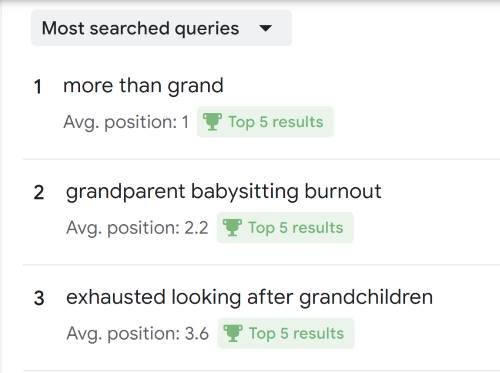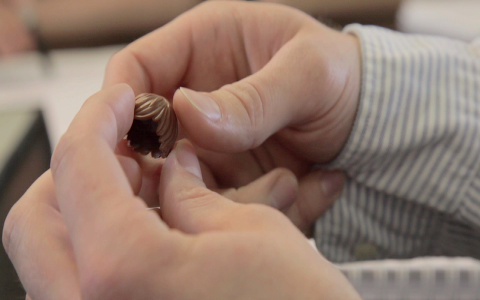Grandparent Babysitting Burnout
When parents think of the ideal caregivers for their children during their working hours or when they need a break, grandparents often come to mind immediately. This is not just because grandparents are usually retired and financially stable, but also because they often represent a wellspring of love, experience, and familial continuity. However, the unrestricted expectation placed on grandparents can lead to an overwhelming condition known as grandparent babysitting burnout.

In many families, the concept of relying on grandparents for childcare seems like a win-win situation. The children get to bond with their elders, grandparents get to play an active role in their grandchildren’s lives, and parents can go to work or have some respite knowing their children are in good hands. Yet, as touching as this picture might seem, the reality can be quite different.
Grandparent babysitting burnout is an issue that has been gaining attention due to its profound effects on the well-being of the older generation. Grandparents might take on this role out of love, duty, or even financial necessity but fail to recognize the toll it takes on their mental and physical health. Similar to parent burnout, where parents feel overwhelmed by the demands of child-rearing, grandparents can experience a similar state when the demands of babysitting exceed their capacity to cope.
The signs of burnout include exhaustion, irritability, sleep disturbances, and a sense of detachment from both the grandchildren and their own personal lives. It’s not uncommon for grandparents to lose sight of their own needs, hobbies, and social engagements, as the responsibility of caregiving takes over. This continuous pressure can eventually lead to emotional fatigue and strain on relationships, both with the grandchildren they adore and with their own children, the parents.
One significant contributor to grandparent babysitting burnout is the assumption that grandparents should take on this role without question. Often, the expectations are unspoken, with grandparents feeling an implicit duty to step in because "that’s what grandparents do." However, this duty can conflict with their retirement plans and personal well-being.
How can we address this issue?
It starts with communication. Parents and grandparents must have open discussions about expectations, availability, and boundaries. Here are some solutions:
-
Set clear boundaries: Grandparents should be encouraged to communicate their limitations. This includes their availability, the type of care they can provide, and how much time they can commit.
-
Value grandparent’s time: Respecting their time is crucial. As much as grandparents love their grandchildren, they deserve their personal life, hobbies, and time to rest or socialize.

-
Alternate caregivers: Consider alternative childcare arrangements. This could be part-time daycare, hiring a nanny, or even using community or church-based programs. It shares the load and can provide a social environment for the child.
-
Acknowledging grandparents’ efforts: Expressing gratitude can make grandparents feel valued and less like they are being taken for granted. Simple acts of appreciation can boost their mental health significantly.
-
Support the grandparents’ health: Encourage them to engage in their hobbies, maintain social relationships, and take care of their health. Sometimes, suggesting gentle activities that they can do with the grandchildren can help integrate caregiving into their lifestyle without it becoming a burden.
Moreover, parents need to realize that while grandparents can be an incredible everyday support system, they aren’t secondary parents. They should enjoy their role rather than fulfill a societal or familial obligation.
Addressing grandparent babysitting burnout not only helps preserve the well-being of grandparents but also strengthens family bonds, ensures a better environment for the children, and prevents potential long-term stress and health issues. As parents and grandparents together chart a path that respects and honors all family members’ needs, we move towards a more balanced and supportive family dynamic.



